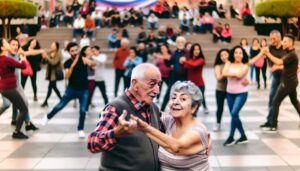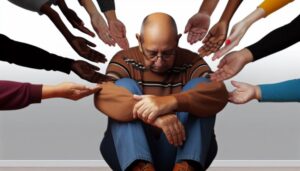Did you know that by 2050, the population of people over 65 is projected to nearly double, reaching a staggering 1.5 billion globally? As you approach your later years, you’re stepping into a rapidly expanding demographic. This shift is far from a decline but rather a rich stage of development and growth. The question is: how can you make the most of this stage and challenge the norms around aging? The answer may surprise you, leading you to discover a wealth of untapped potential within yourself.
Table of Contents
ToggleShattering Aging Stereotypes
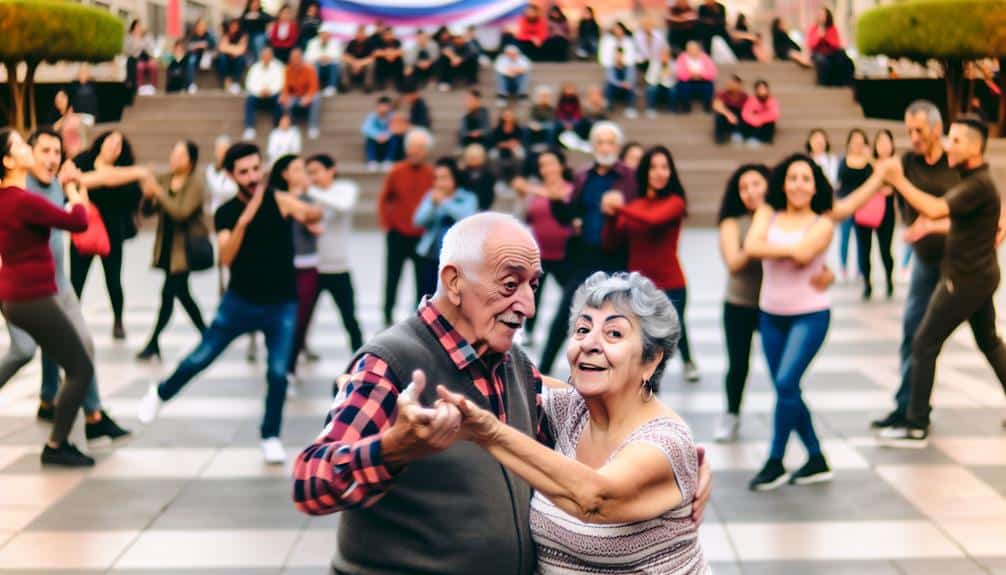
In the face of aging, many find themselves tangled in a web of stereotypes and misconceptions. The prevailing notion of aging is often marred by negativity, painting it as a period of decline. However, as a servant leader, you can play an essential role in challenging these assumptions and redefining perspectives about aging.
The first assumption to confront is that aging equals frailty. Not everyone becomes frail in their later years; many elders lead active, fulfilling lives.
Next, tackle the misconception that older adults are technologically inept. Contrary to this belief, many seniors are quite tech-savvy and continue to learn and adapt.
Perhaps the most significant stereotype is that the elderly have nothing to contribute. This couldn’t be further from the truth. Their wealth of experience and wisdom offers invaluable insights that can benefit society at large.
The Beauty of Lifelong Learning
While you might associate learning with youth, it’s a lifelong journey that continues well into elderhood. The beauty of lifelong learning is that it allows you to embrace new ways of thinking, continue your education, and engage in skill development. It’s never too late to learn something new.
Consider the following as you journey through elderhood:
- Embrace the opportunity to learn, whether it’s a new language, a musical instrument, or a cooking technique. It’s a chance to challenge yourself in a fun and rewarding way.
- Enroll in continuing education courses. These can be academic or skills-based, giving you the chance to expand your knowledge and meet new people.
- Keep up with technology. It’s not only useful for staying connected but also a great tool for learning.
- Practice brain-healthy activities like puzzles, reading, and writing. They’ll keep your mind sharp.
- Engage in community service. It’s a chance to learn from others and make a meaningful impact.
Exploring New Hobbies in Elderhood
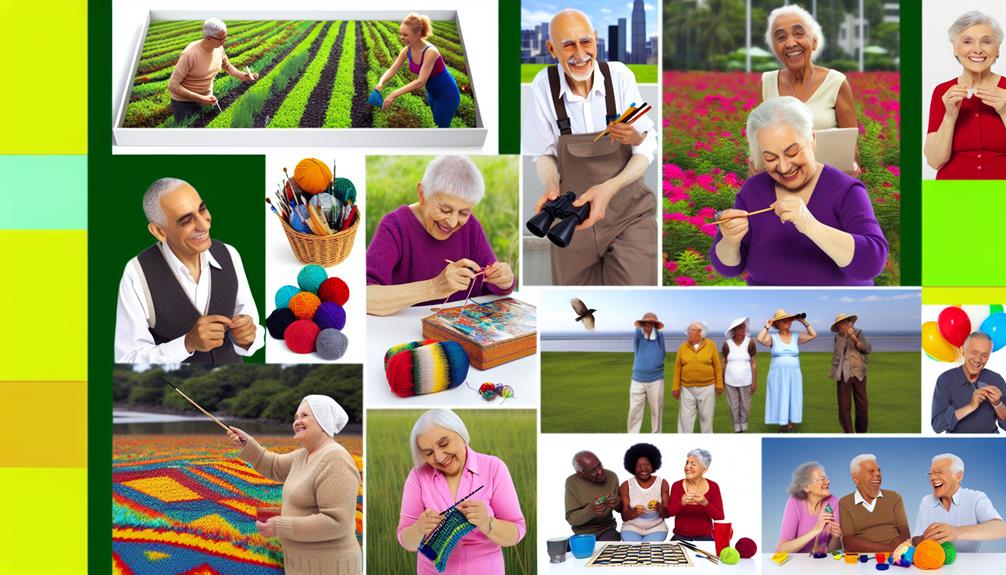
Your journey of lifelong learning culminates beautifully into the exploration of new hobbies in elderhood. This stage of life offers an opportunity to embrace new experiences and engage in fulfilling activities. It’s not just about filling time but enriching your life with creative pursuits and outdoor adventures.
Creative hobbies like painting, pottery or writing can be cathartic and stimulating. These activities aren’t only means of self-expression but also an opportunity to keep your mind active and agile. Just as you’ve served others throughout your life, these hobbies can serve you now, providing a source of joy, accomplishment, and connection.
Outdoor adventures, on the other hand, offer an invigorating connection to nature. Whether it’s gardening, bird-watching, hiking or simply taking long walks, these activities can provide physical exercise and a sense of tranquility. They offer a chance to appreciate the beauty of the world around you and reconnect with your sense of wonder.
In elderhood, exploring new hobbies isn’t just about keeping busy. It’s about continuing your journey of learning and growth and embracing the opportunities that this stage of life brings.
Second Careers: A Late-Life Opportunity
Embracing a second occupation in your later years can be a game-changer. It’s not just about financial stability—although that’s important—it’s about leveraging your lifetime experience, skills and wisdom to contribute meaningfully to society. Career shifts can seem overwhelming but they can also open doors to fulfillment and purpose in elderhood.
Consider these opportunities for late-life entrepreneurship:
- Consulting: Utilize your expertise to guide others in your industry.
- Mentoring: Share your wisdom and experiences to shape the next generation.
- Non-profit work: Channel your passion into causes that matter.
- Teaching: Educate others using your unique skill set.
- Writing or speaking: Narrate your story insights or advice to inspire and enlighten others.
These aren’t only options. Remember: The value of experiences is immeasurable—it’s never too late to start a new venture or pursue a dream.
When you serve others through your second career, you’re not just filling an economic role. You’re enriching the world with your unique gifts, wisdom and perspective. In this phase of life, you can redefine success on your own terms.
Physical Wellness and Aging
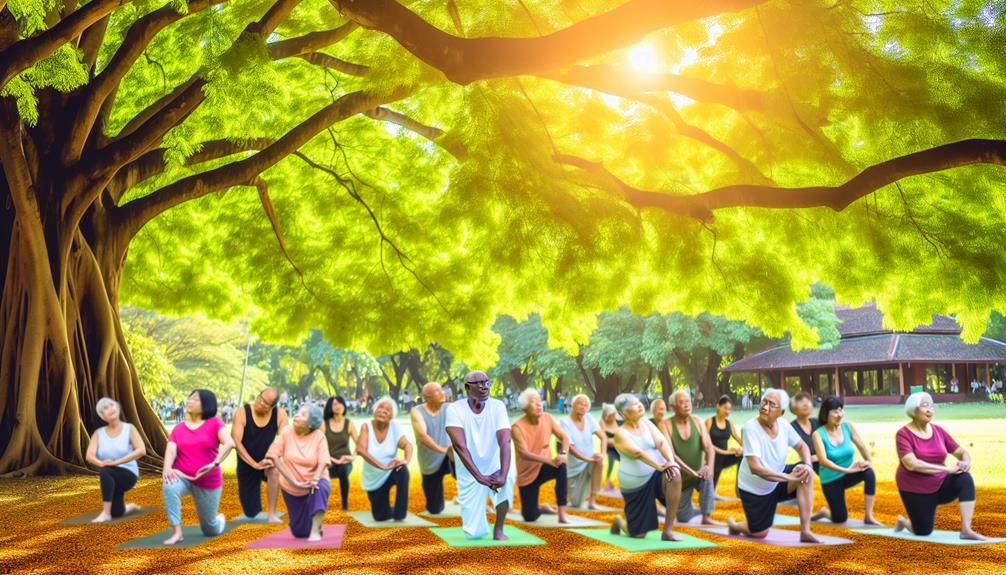
In the journey of elderhood, maintaining physical wellness becomes crucial. As a caregiver or loved one, you play an important role in promoting active aging. This isn’t just about preventing disease or disability—it’s about nurturing a healthy lifestyle that encompasses physical activity, balanced nutrition and preventive care.
Active aging is a powerful tool. It’s not just about physical movement but also about participation and engagement. Encourage your elder to engage in activities they enjoy—whether it’s gardening or dancing—as this can help reduce the risk of chronic diseases and improve mood and overall quality of life.
Maintaining a healthy lifestyle is another key aspect. This doesn’t mean drastic diets or rigorous exercise programs—it’s about making conscious choices: eating balanced meals, staying hydrated and engaging in regular moderate activity.
Preventive care is also crucial—regular check-ups can help detect potential issues early on. Encourage your elder to communicate openly about any physical changes or concerns.
Mental Health in Later Years
As the golden years dawn, it’s important to remember that an elder’s mental health is equally as vital as their physical well-being. Cognitive decline isn’t inevitable; many seniors maintain their mental sharpness throughout their later years. However, it’s crucial to recognize that some may experience changes in their cognitive abilities.
To ensure emotional well-being in later life, take the following steps:
- Regularly engage in mental exercises like puzzles, reading and learning new skills.
- Maintain a healthy diet and regular exercise regimen—both can positively influence mental health.
- Regularly consult with healthcare professionals to monitor mental health.
Stay proactive in managing stress levels—techniques such as meditation can assist. Foster a positive outlook on life as optimism can greatly impact well-being.
The Importance of Social Connections
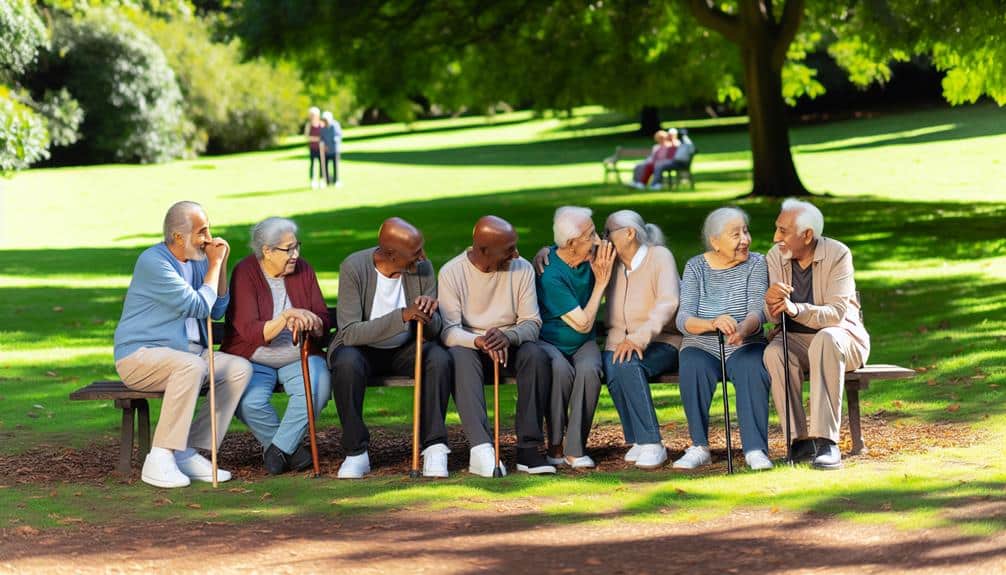
Without a doubt, fostering strong social connections can greatly enhance your life during your elder years. You’re not just creating bonds—you’re constructing a network of social support that can uplift you, especially when times get tough. This isn’t about having countless friends—it’s about the quality of relationships that provide emotional, informational and practical assistance.
Community engagement is a terrific avenue for nurturing these connections. Volunteering, joining clubs or participating in local events not only keep you active but also give you a sense of belonging—you’re contributing to something bigger and in return, you’re surrounded by like-minded individuals who share your passions and offer companionship.
Embracing social interactions doesn’t mean you have to be outgoing—it’s about keeping lines of communication open and being there for others as they are for you. It’s about appreciating the give-and-take of relationships and recognizing your key role in this social tapestry.
Your relationships can be your rock in elderhood, providing not just camaraderie but also a sense of purpose.
Embracing Personal Growth in Elderhood
You’ve nurtured your relationships, and now it’s time to nurture your personal growth. Elderhood isn’t just about looking back—it’s about moving forward. It’s about personal development—about becoming the best version of yourself. And that’s a journey that never ends.
Embracing personal growth in elderhood can take many forms. Consider these avenues:
- Continual learning: Take up a new hobby or study something that has always fascinated you.
- Spiritual growth: Explore your beliefs, engage in meditation or prayer, explore philosophical discussions.
- Physical health: Adopt a new exercise routine, learn about nutrition or challenge yourself with a physically demanding activity.
- Emotional wellness: Practice mindfulness, engage in therapy or counseling or develop strategies for managing stress.
- Contribution: Share your wisdom and experience with others, volunteer in your community or mentor a young person.
These actions aren’t just for self-benefit—they’re also about serving others. Your personal growth can have a ripple effect—inspiring those around you and contributing positively to your community. So embrace elderhood—it’s a time of growth, development and most importantly—a time of opportunity.
Conclusion
You’re entering elderhood—will you let age define you or will you redefine age? The choice is yours. Plunge into lifelong learning, try a new hobby or even start a business. Keep your body and mind healthy and stay connected with others. Remember: growing old isn’t a curse but an opportunity to grow anew. Embrace the beauty of this journey and show the world the true potential of elderhood—after all, life’s final act can be its grandest.

